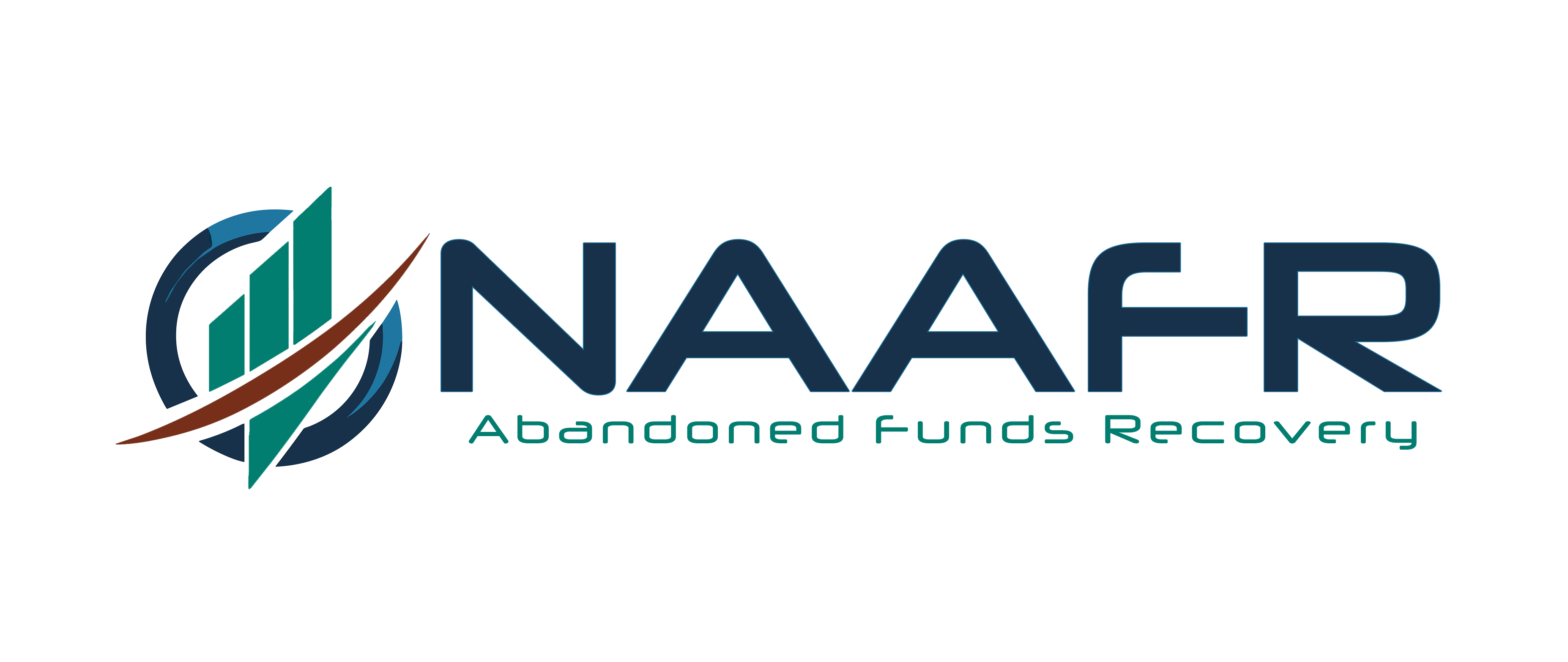Foreclosure is a challenging and often emotionally draining process for homeowners. However, there is a silver lining that many may not be aware of — the possibility of recovering excess proceeds. If your home has been foreclosed and sold for more than the outstanding mortgage balance, you may be entitled to claim the surplus funds. In this comprehensive guide, we’ll walk you through everything you need to know about recovering excess proceeds after a foreclosure sale.
What Are Excess Proceeds?
When a property is sold at a foreclosure auction, the primary goal is to recover the amount owed on the mortgage, including any additional fees or penalties. However, in some cases, the property may sell for more than the total amount owed. The extra amount is referred to as “excess proceeds” or “surplus funds.” These funds are legally owed to the former homeowner or other parties with a legitimate claim, such as second mortgage holders, lien holders, or even the homeowner’s estate.
Who is Eligible to Claim Excess Proceeds?
While it might seem straightforward, determining who is eligible to claim the excess proceeds can be more complex than anticipated. The following parties are generally eligible to claim the funds:
- The Former Homeowner: The original property owner is typically the first in line to claim the surplus funds.
- Junior Lienholders: Creditors who hold second mortgages or liens on the property may be entitled to a portion of the proceeds.
- Other Creditors: Unsecured creditors or other parties with a legitimate claim may also be eligible.
- The Homeowner’s Estate: In cases where the homeowner is deceased, the estate may be able to claim the funds.
Step-by-Step Process to Recover Excess Proceeds
1. Understand Your State’s Laws
The laws governing the recovery of excess proceeds vary by state. Some states require a formal claim process, while others may automatically send a notice to the eligible parties. It’s crucial to understand the specific regulations in your state, including deadlines for filing a claim, the required forms, and documentation.
2. Gather Necessary Documentation
Before filing a claim, you’ll need to gather the following documentation:
- Proof of Ownership: Documents such as a deed, mortgage statement, or other proof that you were the legal owner of the property at the time of foreclosure.
- Identification: A government-issued ID to prove your identity.
- Proof of Surplus Funds: Documents from the foreclosure sale showing that there were excess proceeds available.
3. File a Claim with the Appropriate Authority
The next step is to file a formal claim for the excess proceeds. This is usually done through the court handling the foreclosure case or a specific government office, such as the county treasurer or public trustee. Ensure that you fill out all forms correctly and attach the necessary documentation.
4. Wait for Claim Processing
After submitting your claim, there may be a waiting period while the court or relevant authority processes your request. This period can vary widely depending on the jurisdiction. During this time, you may be asked for additional information or documentation to support your claim.
5. Receive Your Funds
If your claim is approved, you will receive the excess proceeds, either in the form of a check or direct deposit. Be aware that some jurisdictions may deduct administrative fees or other costs from the total amount.
Common Challenges in Recovering Excess Proceeds
While recovering excess proceeds may seem straightforward, there are several common challenges that can complicate the process:
- Conflicting Claims: Other parties, such as lienholders or creditors, may also file claims for the same funds, leading to disputes and delays.
- Missed Deadlines: Each state has its own deadlines for filing claims. Missing these deadlines can result in forfeiting your rights to the funds.
- Lack of Awareness: Many homeowners are unaware that they may be entitled to excess proceeds, and therefore, they do not take the necessary steps to recover the funds.
- Bureaucratic Hurdles: Navigating the legal and administrative processes can be overwhelming and time-consuming, particularly without legal assistance.
Tips for a Successful Recovery
1. Act Quickly
Time is of the essence when it comes to claiming excess proceeds. Research your state’s regulations, and file your claim as soon as possible to avoid missing any deadlines.
2. Seek Legal Assistance
If you’re unsure about the process or face complications, consider consulting with an attorney who specializes in foreclosure or real estate law. An attorney can provide valuable guidance and help navigate the complexities of the legal system.
3. Stay Informed
Stay updated on the status of your claim by regularly communicating with the court or the relevant authority. This will help you promptly address any issues or requests for additional documentation.
Conclusion
Recovering excess proceeds after a foreclosure sale is not always easy, but it’s a process worth pursuing if you are entitled to the funds. By understanding the laws in your state, gathering the necessary documentation, and filing a claim promptly, you can increase your chances of successfully recovering the money owed to you. Don’t let the foreclosure process leave you empty-handed — take the steps needed to reclaim your surplus funds.
If you need assistance or more information on how to recover excess proceeds, feel free to reach out to National Association of Abandoned Funds Recovery (NAAFR). We are here to help guide you through the process and ensure you get what you are entitled to.



